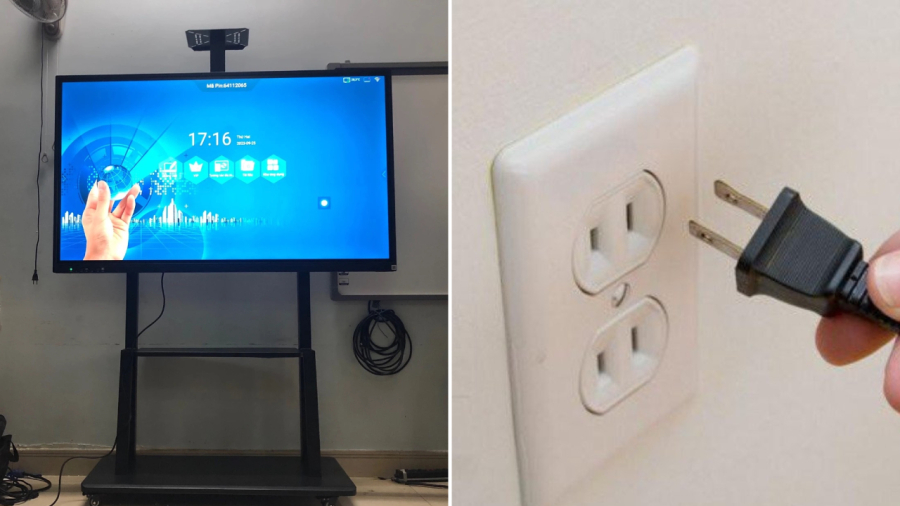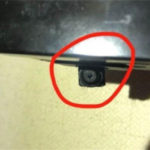Turning off electronic devices and unplugging them when not in use is one of the ways to prolong the lifespan of the devices as well as save electricity. However, what about a frequently used device like a television? Should you unplug it after use, and when should you plug it back in?
Do you need to unplug the TV after watching?
In reality, when you turn off the TV using the remote control, the device goes into standby mode instead of completely turning off. This keeps the TV on and consumes energy. Therefore, to save electricity, many people unplug the TV after turning it off using the remote control.
However, this is not necessary. The amount of electricity consumed when the device is plugged in is not significant. After about 10 minutes of turning off the TV, the power consumption decreases from 200W to just 1.8W. Therefore, the power consumption of a plugged-in but turned-off TV is very low.

With this power consumption level, if you continuously plug in the TV for one month and only turn it off using the remote control, the electricity consumption during the time when the TV is turned off is only 1.8 x 24 x 30 = 1296Wh = 1.29kWh. With this amount of electricity, you would only have to pay a few thousand Vietnamese Dong.
On the other hand, frequently unplugging the TV can have a negative impact on the device due to unstable power supply during plugging back in. When you plug it back in, the TV needs to recharge and takes a longer time to restart. Continuous unplugging and plugging can reduce the lifespan of the TV.
Therefore, you do not need to unplug the TV when it is not in use. Additionally, it is important not to suddenly unplug the TV while it is in use to avoid sudden voltage drops that can damage the TV and increase the risk of fire or explosion.
When should you unplug the TV?
You only need to unplug the TV when you are away from home for a long time to ensure safety. Unplugging the TV in this case reduces the risk of electrical leaks, short circuits, and fires.
During heavy rain or thunderstorms, it is also advisable to unplug the TV and other electrical devices in the house. Although this might be inconvenient, it ensures safety and prevents electrical devices from being damaged by lightning strikes on external power lines.
When cleaning the TV, it is also recommended to unplug the TV to ensure personal safety. Wait for about 10 minutes after turning off and unplugging the TV before starting the cleaning process to allow the TV to cool down.
6 Tips to Consider Before Buying a Ceiling Fan
Are you looking to purchase a ceiling fan for your big space? Learn more about what factors to consider before making the decision with this helpful guide. From enhancing the atmosphere of your room to providing ventilation and circulation, there are plenty of benefits to choosing ceiling fans. Read on to find out more and make an informed decision.
What are the Benefits of Unplugging the TV Plug when Staying at a Hotel or Motel?
When visiting a new place, many of us stay in a hotel or guesthouse. After making sure our belongings are safely tucked away, we often count the items in the room to check if anything is missing or broken. What many of us forget to do, though, is a small yet important task – unplugging the TV. In the article below, we delve into why unplugging the TV is so important and the potential risks of not doing it.
Increases in Energy Efficiency Achieved with Slow Cookers
As the demand for convenient cooking continues to rise, more and more families, especially those with young children, are turning to slow cookers as a way to create healthy and tasty meals with minimal effort. With so many settings and benefits, slow cookers offer a great solution for busy households.





































